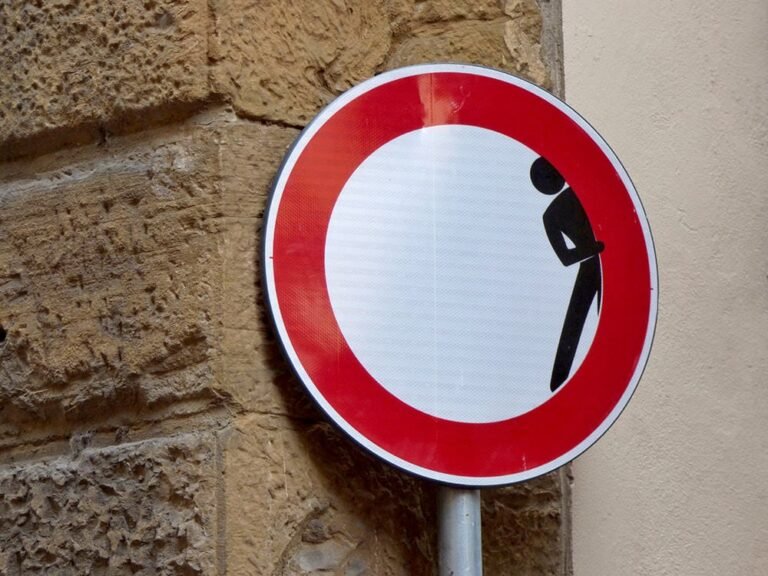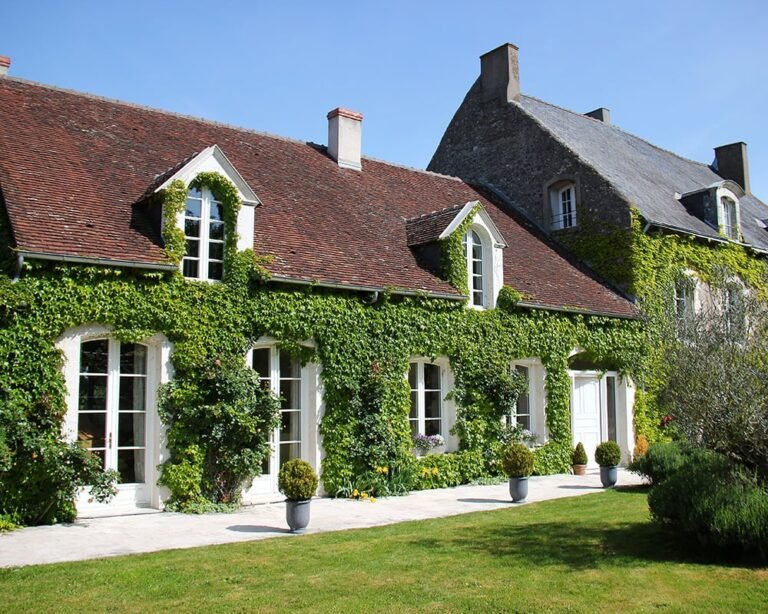Tel, Telle, Tels, Telles
In French, “tel” and its variations (“telle,” “tels,” “telles”) are used to mean “such” or “such a” in English. They are adjectives that agree in gender and number with the noun they describe. Here’s a simple guide on how to use each form. 1. Tel (masculine singular) Use “tel” when describing a singular masculine noun….







